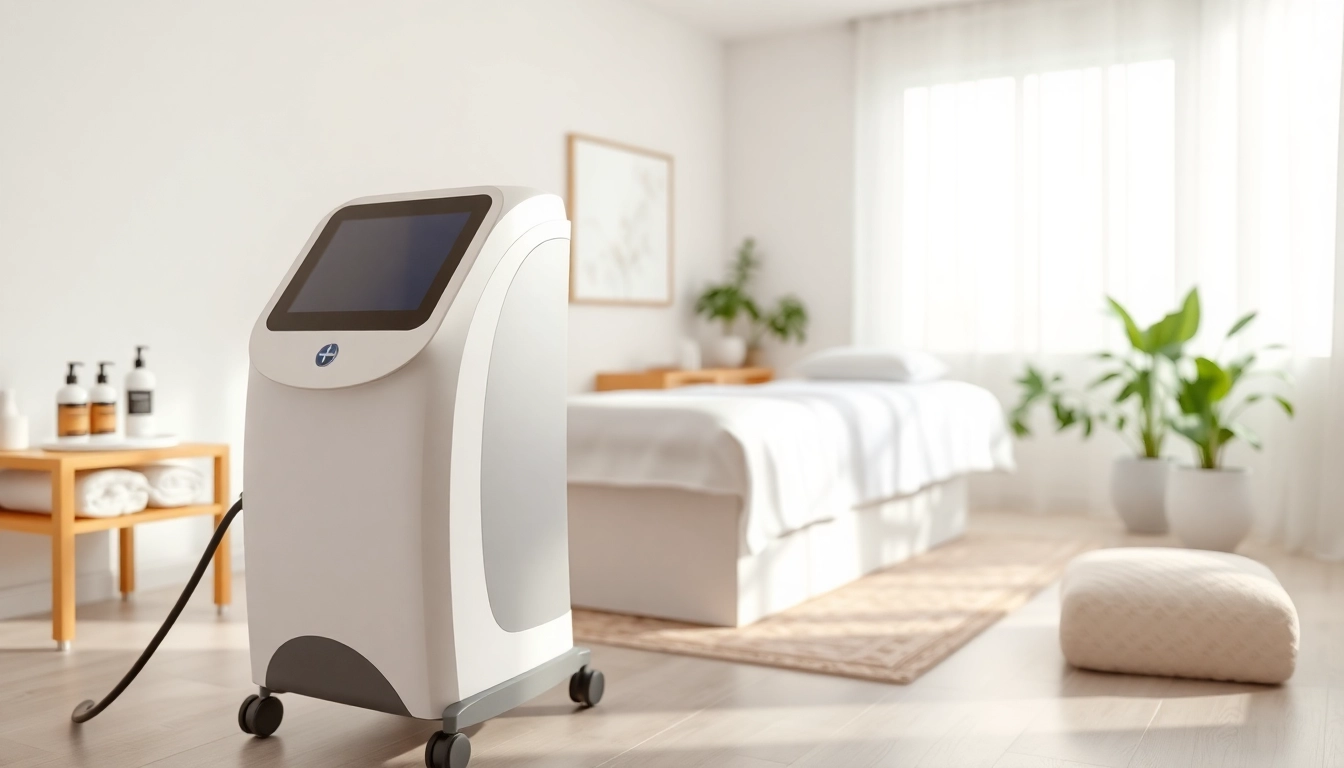Introduction to Bioidentical Hormone Therapy
As we age, our bodies gradually produce fewer hormones, leading to various physical and emotional symptoms that can significantly impact our quality of life. Bioidentical hormone therapy, a treatment that uses hormones structurally identical to the hormones naturally produced in the human body, has garnered considerable attention in recent years. This therapy is aimed at alleviating symptoms associated with hormonal imbalances, offering a potential path to rediscovering vitality and well-being. For individuals seeking information about Bioidentical hormone therapy, this comprehensive guide provides valuable insights, benefits, and considerations for a well-informed decision.
What is Bioidentical Hormone Therapy?
Bioidentical hormone therapy involves the use of hormones that have the same molecular structure as hormones produced by the body. These hormones can be derived from natural sources, such as plants, and are typically compounded into individualized medications specifically designed for patient needs. Common bioidentical hormones include estrogen, progesterone, and testosterone. While the concept of hormone replacement has been around for decades, bioidentical hormone therapy distinguishes itself by offering formulations that purportedly mirror the body’s own hormones more closely than synthetic alternatives.
Common Uses and Goals of Bioidentical Hormone Therapy
Bioidentical hormone therapy is commonly employed to address various symptoms associated with hormonal imbalances, particularly during the transition of menopause in women and andropause in men. Some of the primary uses and goals of this therapy include:
- Menopausal Symptoms: Relief from hot flashes, night sweats, mood swings, and vaginal dryness.
- Negative Effects of Aging: Addressing fatigue, decreased libido, and muscle loss related to declining hormone levels.
- Improving Mental Health: Alleviating symptoms of depression and anxiety that may stem from hormonal fluctuations.
- Bone Health: Increasing bone density and reducing the risk of osteoporosis.
- Enhancing Cognitive Function: Supporting memory and focus as hormone levels change.
How Bioidentical Hormone Therapy Differs From Traditional Hormone Treatments
Traditional hormone replacement therapy (HRT) often utilizes synthetic hormones, which can differ structurally from endogenous hormones. In contrast, bioidentical hormone therapy claims to closely resemble the biological molecules produced by the body, potentially leading to fewer side effects and greater efficacy. While both approaches aim to balance hormone levels, many proponents of bioidentical hormone therapy argue that it offers a more natural and individualized strategy for treatment, enhancing patient outcomes.
The Benefits of Bioidentical Hormone Therapy
The benefits associated with bioidentical hormone therapy extend beyond the mere alleviation of symptoms. When managed properly, this therapy can significantly improve overall well-being and life quality.
Improving Quality of Life Through Hormonal Balance
Achieving hormonal balance through bioidentical hormone therapy can lead to profound improvements in daily functioning. Many patients report feeling rejuvenated, re-energized, and more themselves after starting treatment. Patients can experience enhanced vitality that encompasses both physical and emotional well-being, often leading to better relationships, increased productivity, and a renewed sense of purpose.
Potential Benefits for Men and Women
The potential benefits of bioidentical hormone therapy can vary between genders, addressing the unique hormonal needs of men and women effectively. Women typically pursue this therapy to ease symptoms of menopause, while men may seek treatment for low testosterone levels, also known as testosterone deficiency or andropause. Each group can experience:
- For Women: Reduction in menopausal symptoms, improved mood, increased energy, and enhanced sexual function.
- For Men: Increased libido, improved muscle mass, enhanced mood, and better cardiovascular health.
Addressing Hormonal Changes in Different Life Stages
As individuals progress through different life stages, hormonal fluctuations can impact health in varying ways. Bioidentical hormone therapy can be tailored to fit these transitions, whether in adolescence, reproductive years, or older adulthood. Through personalized assessments, patients can receive hormones that specifically address their unique needs, assisting with conditions like premenstrual syndrome (PMS), perimenopause, menopause, andropause, and age-related hormonal declines.
Safety and Efficacy of Bioidentical Hormone Therapy
As with any medical treatment, understanding the safety and efficacy of bioidentical hormone therapy is fundamental for prospective patients. Establishing a sound knowledge basis allows individuals to make informed decisions about their health.
Research and Evidence Supporting Bioidentical Hormone Therapy
Research into bioidentical hormone therapy has produced mixed results. Some studies suggest that bioidentical hormones may provide benefits comparable to those of traditional HRT, with lower associated risks. However, further studies are necessary to conclusively demonstrate long-term safety and efficacy. As a patient, engaging with updated clinical studies and discussions surrounding hormone therapy can help maintain an informed perspective about treatment options.
Evaluating Risks and Side Effects
While many individuals may respond positively to bioidentical hormone therapy, it’s crucial to evaluate potential risks and side effects that may arise. Common side effects can include:
- Weight gain or loss
- Headaches and migraines
- Breast tenderness
- Coagulation disorders
- Hormonal acne
It’s essential to communicate openly with healthcare providers about any adverse effects experienced during treatment to allow for individualized adjustments in therapy and dosing.
Consulting Healthcare Professionals for Personalized Guidance
Engaging with healthcare professionals specializing in hormone therapy is imperative for optimizing treatment outcomes. Patients should ensure thorough consultations, including evaluations of medical history, hormone testing, and an understanding of personal health goals. A collaborative approach between patient and healthcare provider can help tailor therapy safely and effectively.
How to Get Started with Bioidentical Hormone Therapy
Taking the first steps towards bioidentical hormone therapy involves thoughtful preparation and informed decision-making. Potential patients should consider various factors when pursuing this type of treatment.
Determining Eligibility for the Therapy
Eligibility for bioidentical hormone therapy generally involves assessing specific symptoms and hormone levels. Individuals experiencing significant hormonal changes or feeling that their quality of life is diminishing due to hormonal imbalances may find it helpful to explore this therapy. Comprehensive self-assessment and consultations can provide insight into whether treatment is appropriate.
Pursuing Appropriate Testing and Diagnosis
Testing is a crucial component in determining which, if any, hormones need supplementation. Blood tests, saliva tests, or urine tests can all be utilized to measure hormone levels professionally. Proper diagnosis enables healthcare providers to develop personalized treatment plans that accurately address hormonal deficiencies.
Selecting a Qualified Provider for Treatment
Selecting a healthcare provider experienced in bioidentical hormone therapy is critical to ensuring safe, effective treatment. Researching practitioners’ backgrounds, qualifications, and patient testimonials can help patients identify trustworthy providers dedicated to patient-centered care. This approach fosters a supportive environment conducive to learning and healing.
Future Considerations and Trends in Bioidentical Hormone Therapy
The landscape of bioidentical hormone therapy continues to evolve, influenced by ongoing research, patient experiences, and trends in holistic medicine. Staying informed about developments in this field is essential for patients considering or currently undergoing treatment.
Emerging Research and Developments in the Field
New studies continuously emerge examining the nuances of how bioidentical hormones impact specific conditions, preventative measures, and overall health. Clinicians and patients alike can benefit from these insights, leading to richer understandings of hormonal health and treatment optimization. Engaging with credible sources and talking to healthcare professionals allows patients to stay ahead of emerging trends.
Patient Education and Resources for Ongoing Support
Knowledge is the cornerstone of empowered decision-making when it comes to health. Patients embarking on bioidentical hormone therapy should actively seek out educational resources, community forums, and support networks. Striving for an open dialogue with healthcare providers can enhance understanding of treatment processes, cardiovascular health, or the managing of identified side effects.
Creating Awareness About Hormonal Health
Educating oneself and others about hormonal health is a crucial aspect of fostering well-being. Increasing awareness within communities about hormonal imbalances, symptoms, and effective treatments helps normalize discussions around these issues. Such awareness can lead to improved understanding and ultimately increased access to the best available care.



